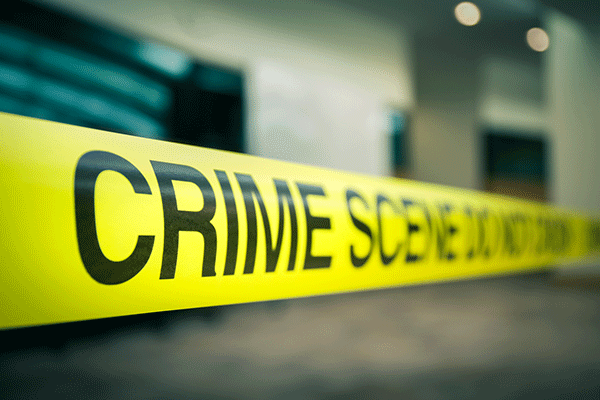Naragunda: In an incident that reportedly occurred on Monday night, two youngsters, who were returning home after closing their hotel for the day were fatally attacked by a gang of Sangh Parivar members’ wielding sharp, lethal weapons resulting in the death of one youth at Naragunda Taluk in Gadag district. Another youngster was grievously injured in the attack, it is learned.
The deceased youngster has been identified as Sameer Shahapura (19), a resident of Naragunda. The injured youngster identified as Shamsheer was reportedly admitted to a hospital in Hubli, police informed.
Reportedly, Sameer who was working in a hotel in Naragunda had closed shop on Monday night and gave a ride to his friend Shamsheer, who owned a studio shop nearby. The duo was on their bike returning home when a gang of 10-15 Sangh Parivar members apprehended them near Naragunda state bank where they had been waiting with lethal weapons, and started fatally attacking the youngsters, it is learned.
Both the youngsters who were critically injured in the attack were taken to the nearby hospital by the locals. For further treatment, they were shifted to the hospital in Hubli, where Sameer breathed his last on Tuesday morning after the treatments proved to be ineffective. It is learned that Shamsheer is in critical condition at the hospital.
The family of the victims has submitted a complaint accusing Sangh Parivar activists Mallikarjuna Heerematta, Kumar, and several others of having carried out the fatal assault. The complaint has been registered in this regard at the Naragunda police station.
Let the Truth be known. If you read VB and like VB, please be a VB Supporter and Help us deliver the Truth to one and all.
Panaji (PTI): As part of a crackdown against tourist establishments violating laws and safety norms in the aftermath of the Arpora fire tragedy, Goa authorities on Saturday sealed a renowned club at Vagator and revoked the fire department NOC of another club.
Cafe CO2 Goa, located on a cliff overlooking the Arabian Sea at Vagator beach in North Goa, was sealed. The move came two days after Goya Club, also in Vagator, was shut down for alleged violations of rules.
Elsewhere, campaigning for local body polls, AAP leader Arvind Kejriwal said the fire incident at Birch by Romeo Lane nightclub at Arpora, which claimed 25 lives on December 6, happened because the BJP government in the state was corrupt.
An inspection of Cafe CO2 Goa by a state government-appointed team revealed that the establishment, with a seating capacity of 250, did not possess a no-objection certificate (NOC) of the Fire and Emergency Services Department. The club, which sits atop Ozrant Cliff, also did not have structural stability, the team found.
The Fire and Emergency Services on Saturday also revoked the NOC issued to Diaz Pool Club and Bar at Anjuna as the fire extinguishers installed in the establishment were found to be inadequate, said divisional fire officer Shripad Gawas.
A notice was issued to Nitin Wadhwa, the partner of the club, he said in the order.
Campaigning at Chimbel village near Panaji in support of his party's Zilla Panchayat election candidate, Aam Aadmi Party leader Kejriwal said the nightclub fire at Arpora happened because of the "corruption of the Pramod Sawant-led state government."
"Why this fire incident happened? I read in the newspapers that the nightclub had no occupancy certificate, no building licence, no excise licence, no construction licence or trade licence. The entire club was illegal but still it was going on," he said.
"How could it go on? Couldn't Pramod Sawant or anyone else see it? I was told that hafta (bribe) was being paid," the former Delhi chief minister said.
A person can not work without bribing officials in the coastal state, Kejriwal said, alleging that officers, MLAs and even ministers are accepting bribes.





